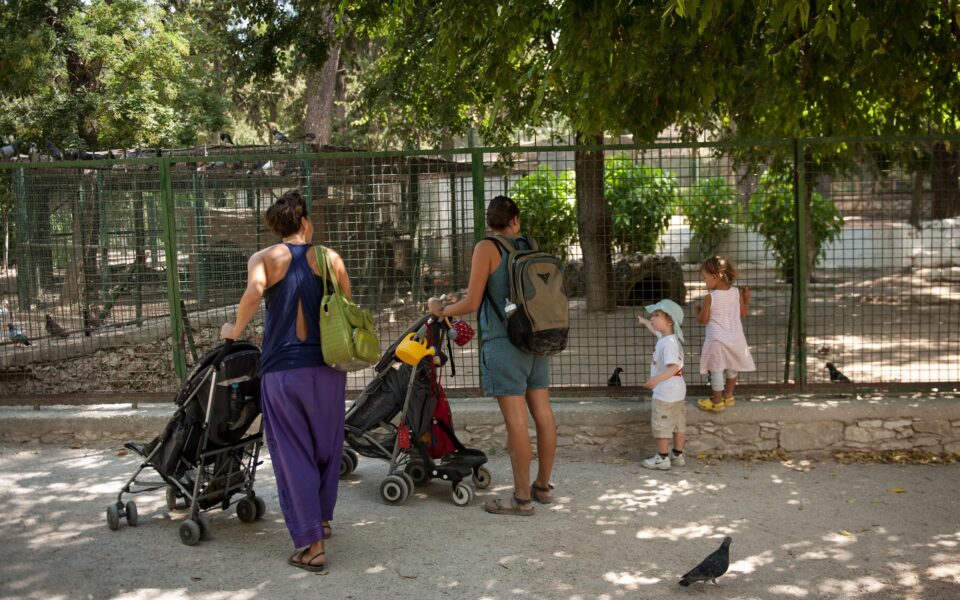How the modern Greek family has changed

Stefanos Kasselakis’ election as the president of leftist SYRIZA opposition has sparked a debate on the definition of the modern Greek family. For the first time, the answers seem to stretch into the infinite.
“Can two men and a dog constitute a family?” pondered some as they observed the victory speeches of the new party leader. Surprisingly, Greek society does not instinctively react negatively to this question.
During his re-election campaign, Kyriakos Mitsotakis, the country’s conservative prime minister, announced his intention to introduce a bill legalizing same-sex marriages during his current term in office. Furthermore, there is substantial consideration of including adoption, as real-life scenarios (such as marriages and adoptions by same-sex couples abroad) bring about numerous bureaucratic challenges and deny these children the rights enjoyed by the offspring of “heteronormative” individuals.
The traditional image of the Greek family, once seen as a substitute for the welfare state and a cornerstone of our society, is no more
The naturalness with which Kasselakis addresses his husband further acquaints the public with the expansive concept of the “modern Greek family.” Already, the percentage of births outside of wedlock has steadily risen in the country since the mid-2000s, reaching 16.5% in 2021, while single-parent families are approaching 9%.
So, what does a family look like today? Is it two women and a cat? Two former spouses, each with new families, yet still able to spend summers together? A single mother raising her children on her own? Three friends deciding to cohabitate so that they can grow old with dignity? The possibilities are boundless, much like the love that thrives in the simplest and most intricate relationships. One thing remains certain: The traditional image of the Greek family, once seen as a substitute for the welfare state and a cornerstone of our society, is no more.
Its deconstruction wasn’t solely the work of Yorgos Lanthimos in his film “Dogtooth,” critiquing the unhealthy confinement of children in perpetual adolescence. It has also been dismantled by the economic crisis, daily incidents of domestic violence, and the frustration of debt-laden millennials at their baby boomer parents for the sharp decline in their living standards.





